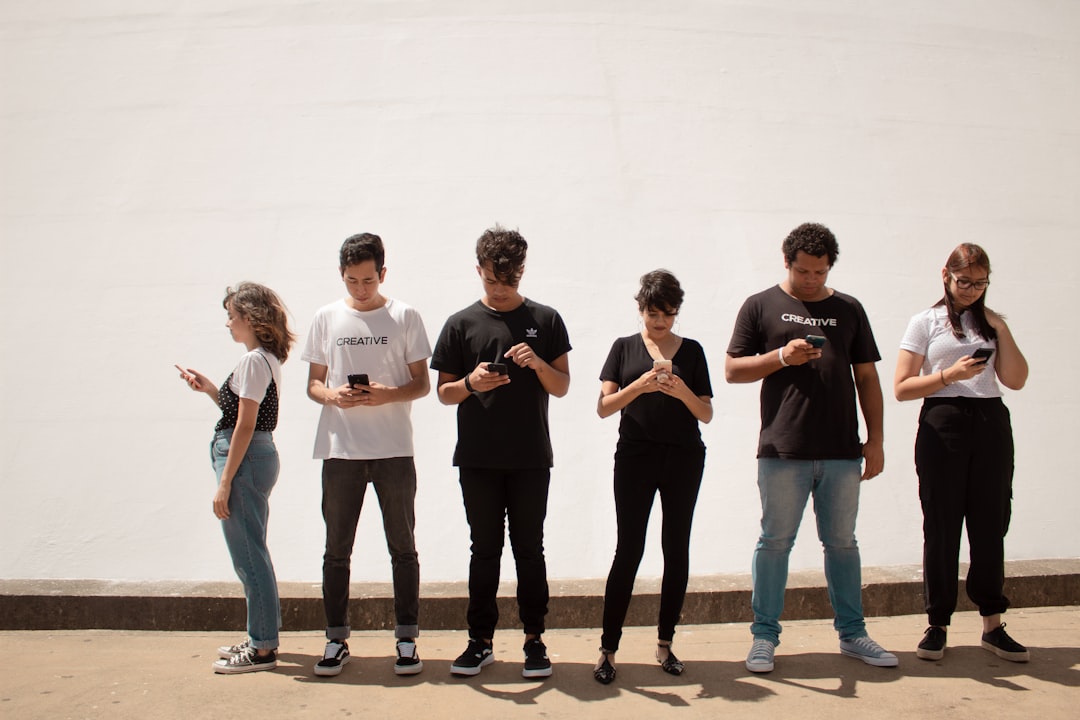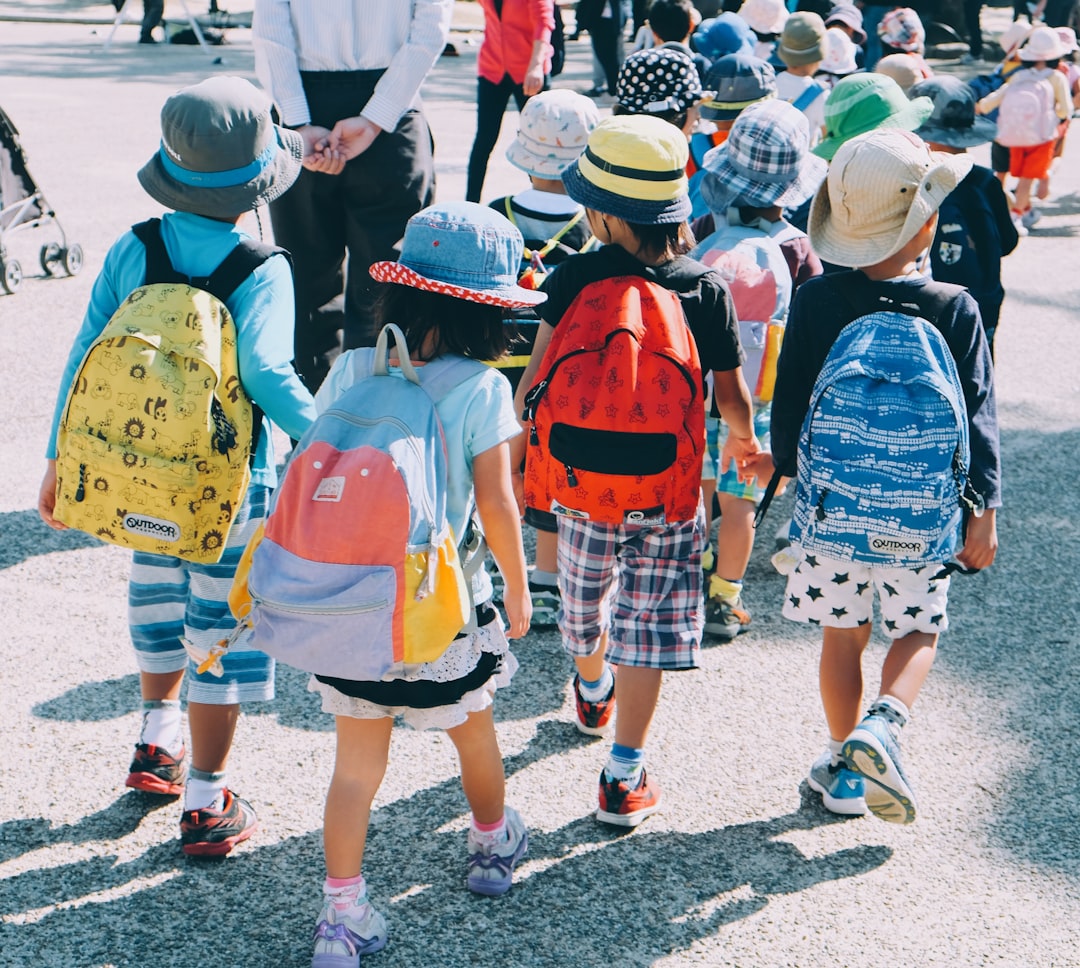What is it about?
Social inclusion and self-determination are the areas in which young people with Down syndrome need more supports. Those with higher level of ID and supports needs showed lower levels of quality of life. Children in special schools scored higher in emotional well-being than their peers in mainstream schools.
Featured Image

Photo by Fuu J on Unsplash
Why is it important?
First, we analyzed and described quality of life outcomes of children and young people with Down Syndrome reported by professionals and families. We analyzed the overall quality of life score as well as scores for emotional well-being, physical well-being, material well-being, personal development, interpersonal relationships, social inclusion, self-determination, and rights. Second, we examined the influence of various individual (i.e., gender, age, level of ID, level of support needs, degree of dependency) and environmental (size of the organization providing the supports and type of schooling) variables on the quality of life scores of this population.
Read the Original
This page is a summary of: Predictors of individual quality of life in young people with Down syndrome., Rehabilitation Psychology, March 2022, American Psychological Association (APA),
DOI: 10.1037/rep0000443.
You can read the full text:
Contributors
The following have contributed to this page










